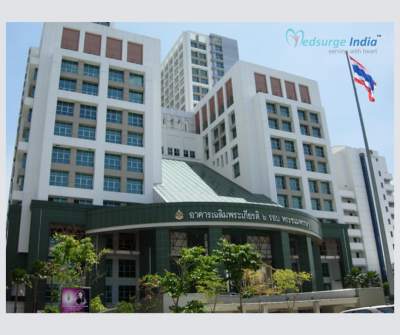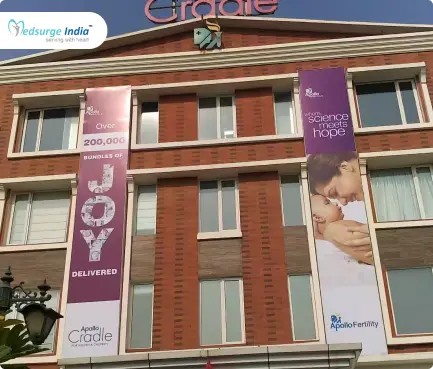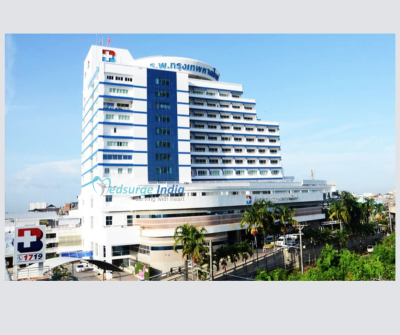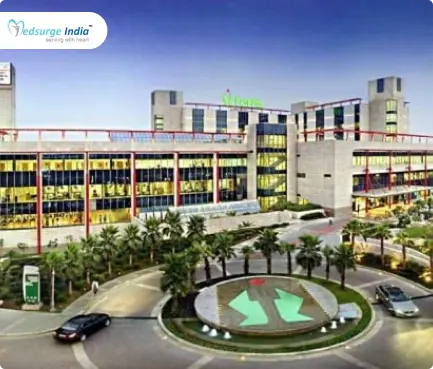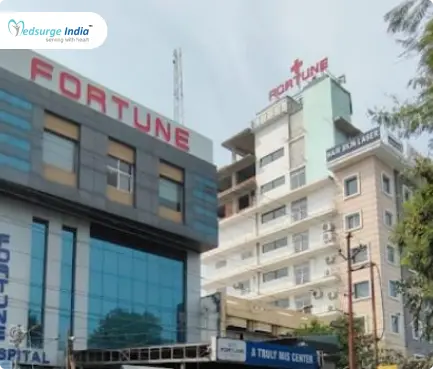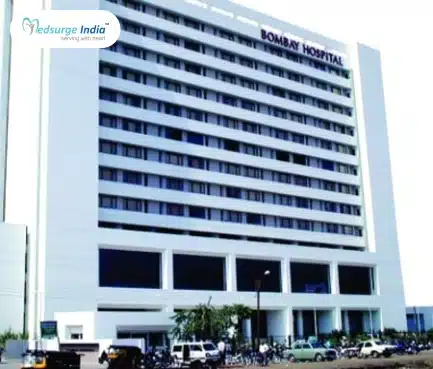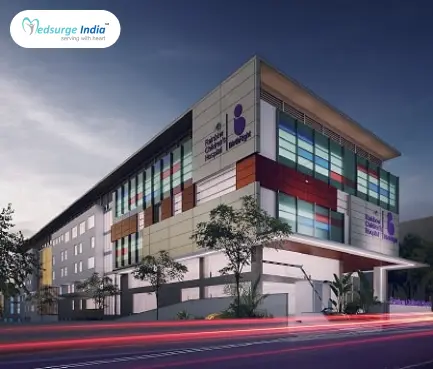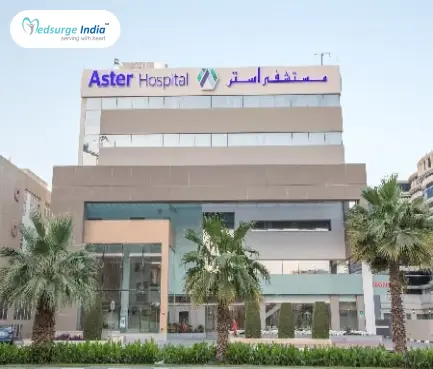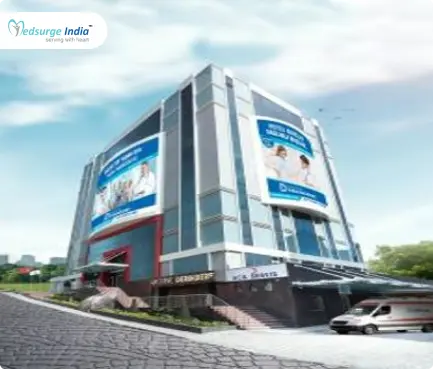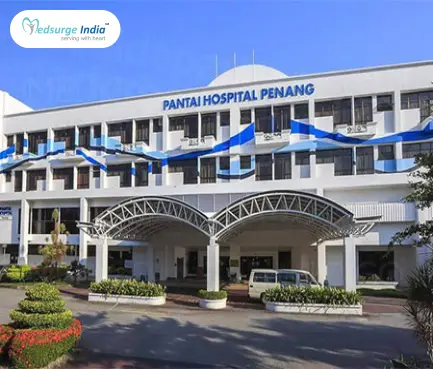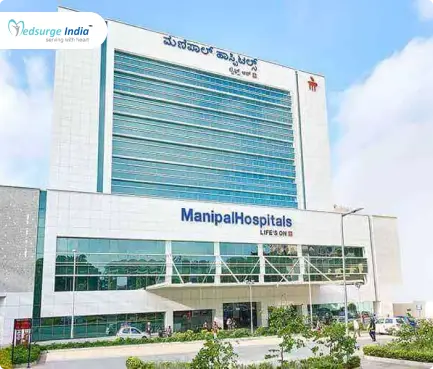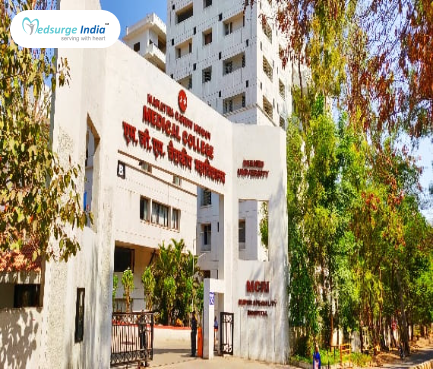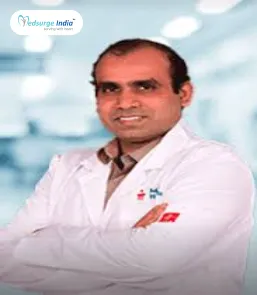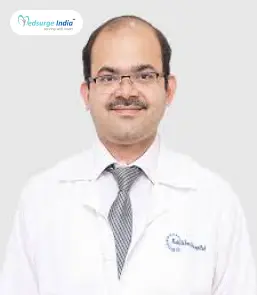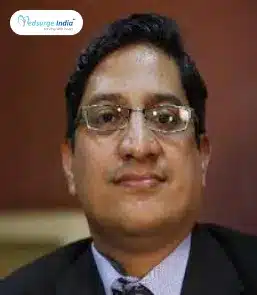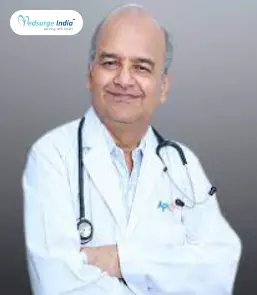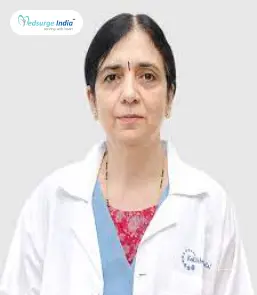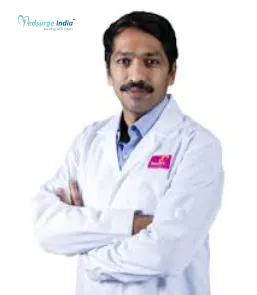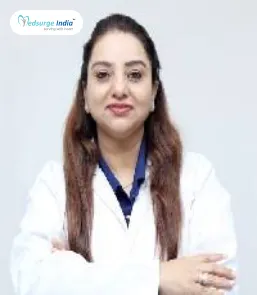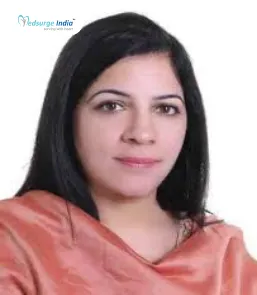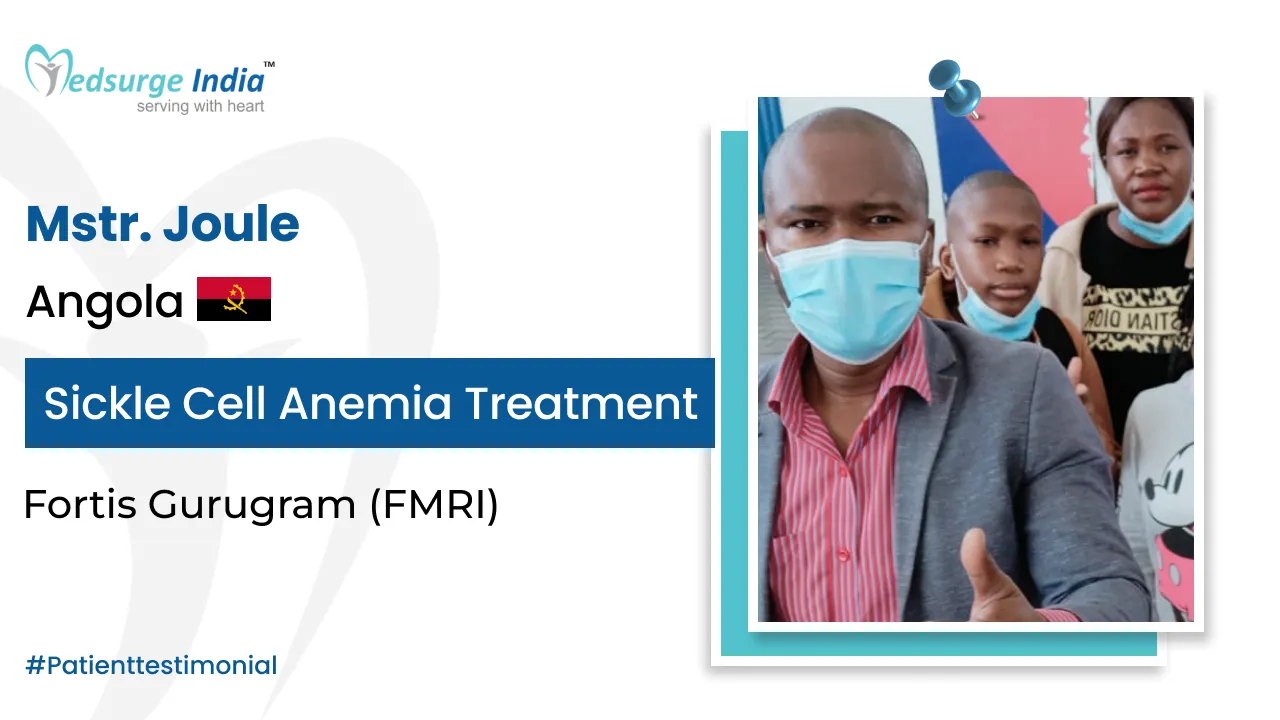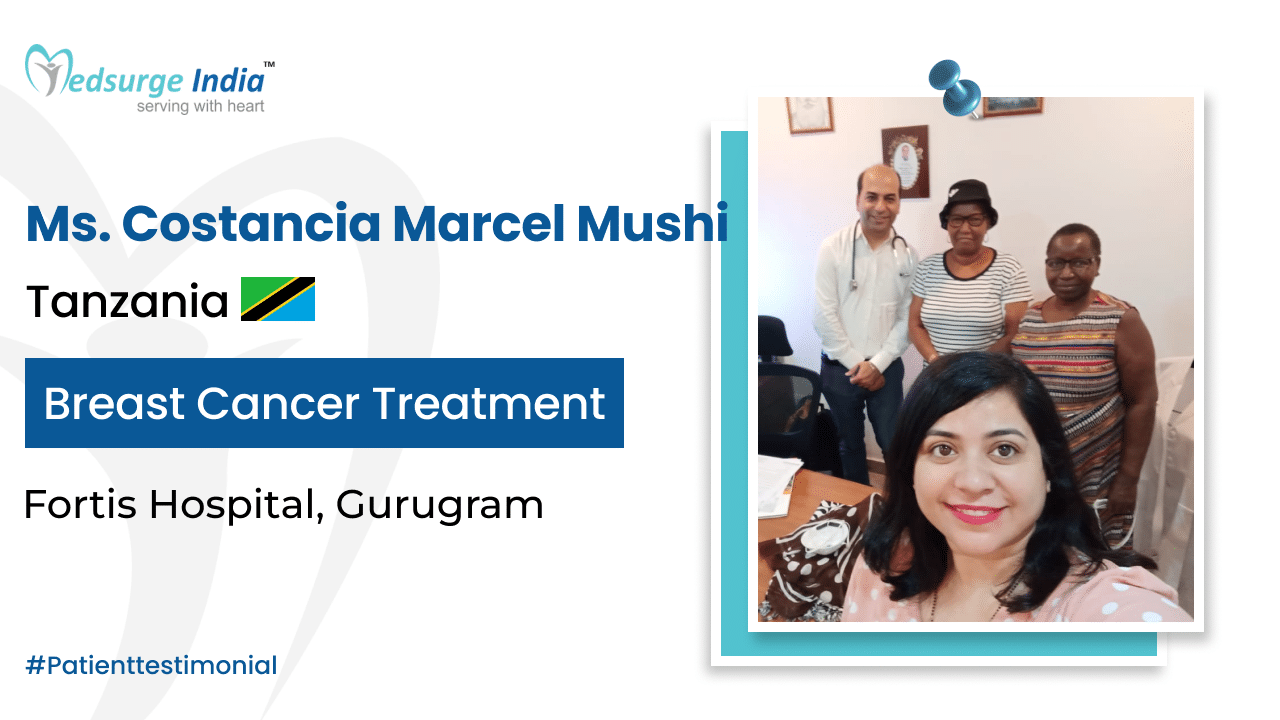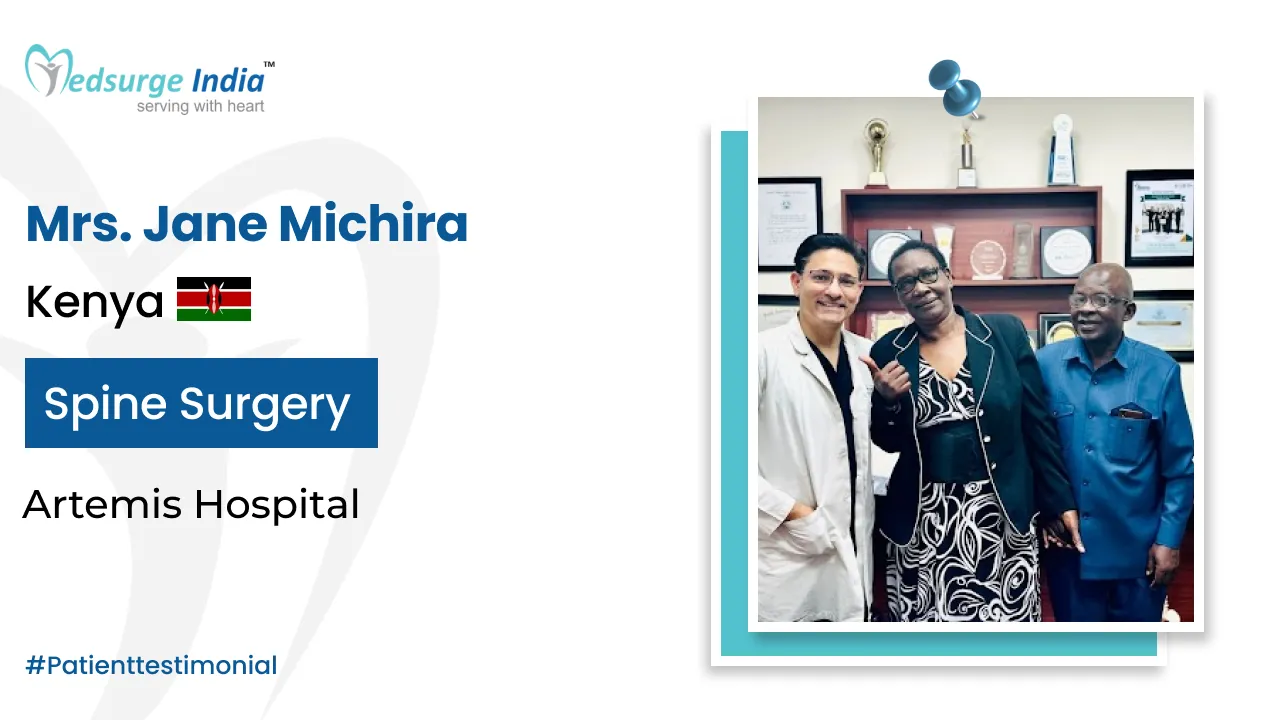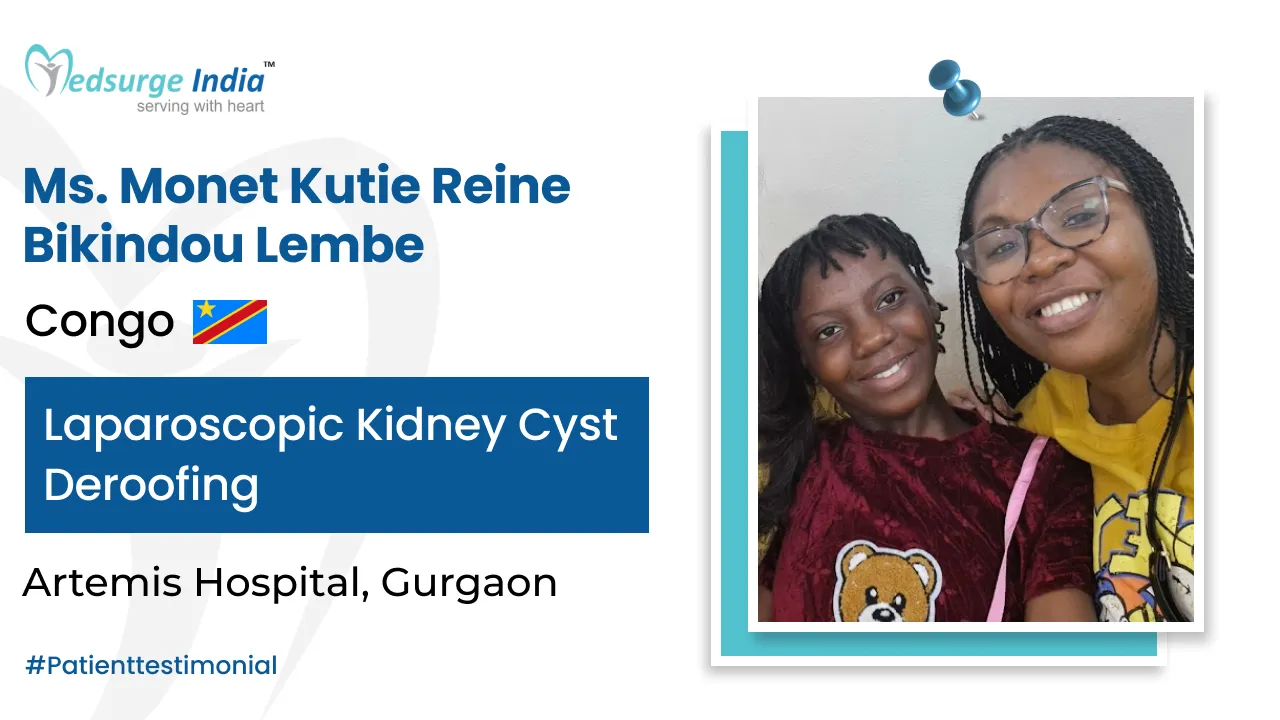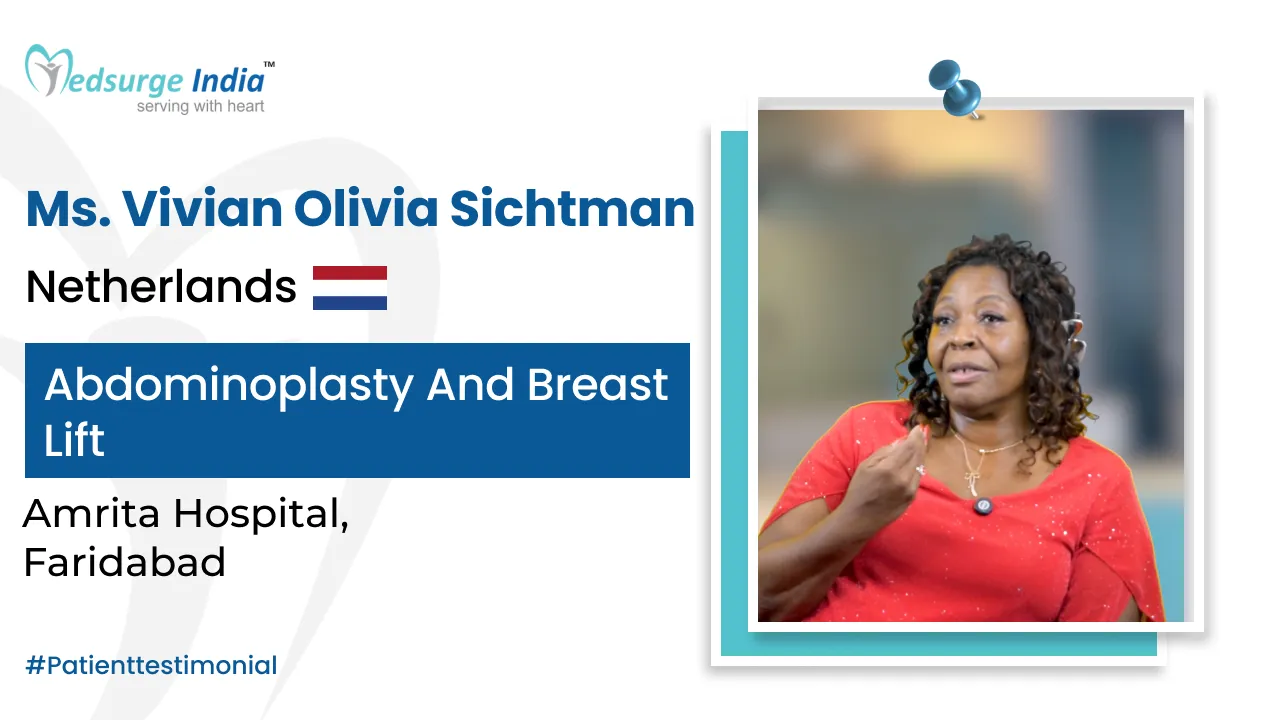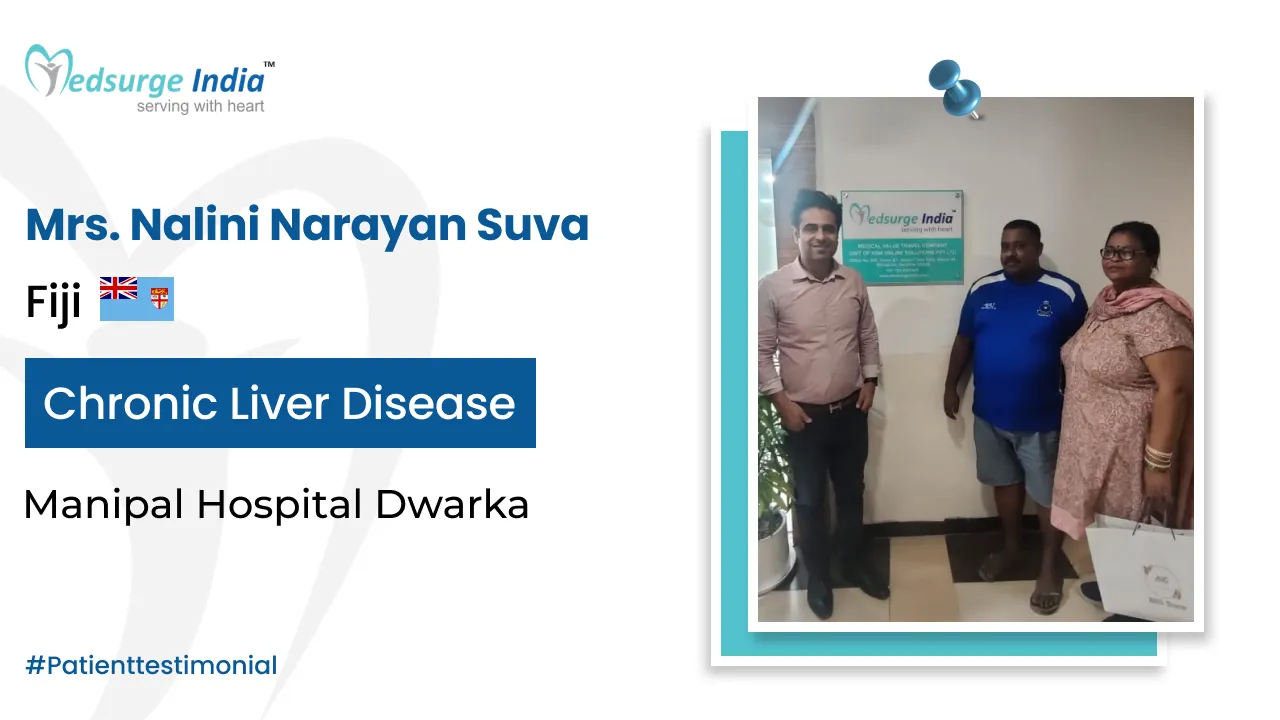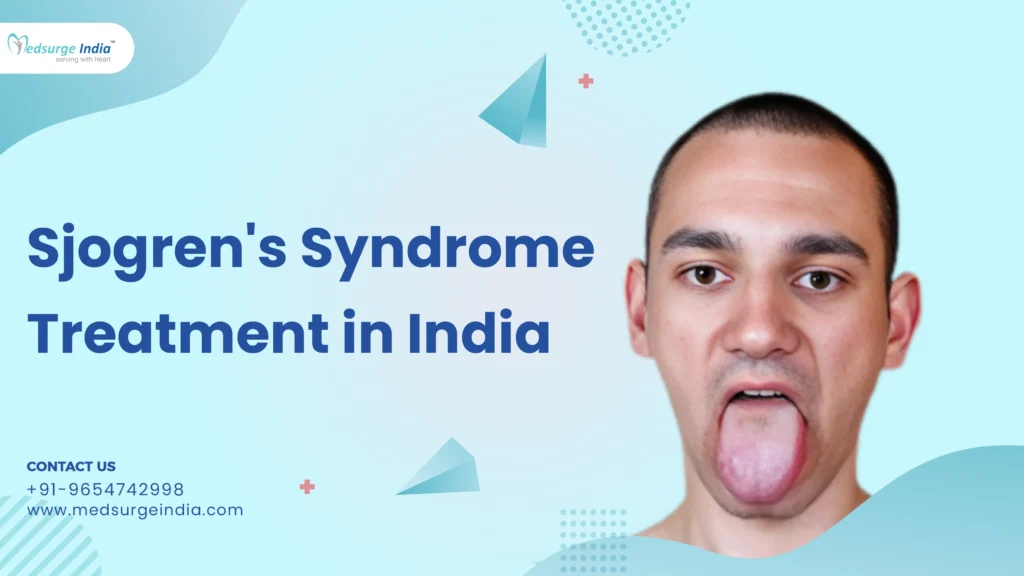
An overview of Sjogren’s Syndrome
Sjogren’s syndrome is an autoimmune disease determined by the two chief signs of dry mucous membranes of the eyes and the oral cavity.
The condition is known to be associated with other immune system diseases like Rheumatoid arthritis, and systemic lupus erythematosus among others. In Sjogren’s syndrome, symptoms mainly affect the mucus membrane and moisture-producing glands in your eyes and mouth, which are the first to experience a decrease in tear and saliva production.
While you can get Sjogren’s syndrome at any age, recent data indicates something like 90% of people are diagnosed with the condition at 40 and above. The condition is much more prevalent in women individuals. Management is primarily concerned with the alleviation of symptoms.
Types of Sjogren’s Syndrome
Healthcare providers classify Sjogren’s syndrome into two types:
- Primary Sjogren’s syndrome does not arise from another medical illness; rather, it develops on its own.
- Secondary Sjogren’s syndrome occurs when Sjogren’s syndrome is brought on by or triggered by another illness.
What Causes Sjogren’s Syndrome?
Sjogren’s syndrome is an autoimmune disease. An autoimmune disease is one in which the immune system turns against the body and harms it. Doctors and scientists do not know how or why your immune system decodes your glands, leading to Sjogren’s syndrome. There are three types of Sjogren’s syndrome; primary where the cause is not determined, secondary which is triggered by other diseases. It is reported that other health conditions may cause secondary Sjogren’s syndrome, particularly other autoimmune diseases, and certain viral infections.
Viral infections that can trigger secondary Sjogren’s syndrome include:
- Hepatitis C.
- Cytomegalovirus (CMV).
- Epstein-Barr virus.
- Human T-cell leukemia virus type 1 (HTLV–I).
- CoVID-19.
Secondary Sjogren’s syndrome is manifest in any autoimmune disease. Some autoimmune diseases that are related to Sjogren’s syndrome include:
- Rheumatoid arthritis.
- Psoriatic arthritis.
- Lupus
While it is understood that Sjogren’s syndrome is associated with other diseases, one does not necessarily get Sjogren’s syndrome if he/she has the related diseases. Likewise, even if Sjogren’s syndrome raises the risk of other autoimmune diseases, women with the condition aren’t guaranteed to develop them.
Sjogren’s Syndrome Treatment Cost in India
Sjogren’s Syndrome Treatment cost in India is influenced by several factors. The most significant factor affecting the cost of Sjogren’s Syndrome Treatment in India can also depend on the patient’s condition. The cost can range from INR 2000 to INR 6000 for Sjogren’s Syndrome Treatment in India.
Sjogren’s Syndrome Treatment Cost in Different Cities in India
| Cities | Price Starting From |
| Delhi | INR 2000 |
| Noida | INR 1500 |
| Gurgaon | INR 2500 |
| Chennai | INR 2500 |
| Mumbai | INR 2700 |
| Bangalore | INR 2600 |
| Kolkata | INR 2300 |
Please keep in mind that the cost of the treatment will vary depending on various factors. Below are the factors that can affect the cost of the treatment.
Factors that affect the cost of Sjogren’s Syndrome Treatment in India
Here are several key factors that influence the expenses associated with Sjogren’s Syndrome Treatment:
Kind of Treatment Required: Certain treatments for Sjogren’s Syndrome Treatment are more costly than others.
Hospital or clinic’s location: The cost of care in a private hospital or clinic is often higher than that in a public hospital.
Medication costs: Certain medicines can influence the overall cost of Sjogren’s Syndrome Treatment in India.
Patient Condition: The complexity of the patient’s overall health can affect the duration of treatment, impacting the cost.
Duration of treatment: Longer treatment courses involving multiple visits can lead to higher cumulative costs.
The expertise and experience of medical professionals: Rheumatologists with extensive experience and recognition often command higher fees, contributing to the treatment cost.
How is Sjogren’s Syndrome Diagnosed and Treated?
The signs and symptoms of Sjogren’s syndrome might differ from person to person and resemble those of other illnesses, making a diagnosis challenging. Certain indications and symptoms of Sjogren’s syndrome might easily be mistaken for side effects of other drugs.
Tests can be used to confirm the diagnosis of Sjogren’s syndrome and rule out other illnesses.
- Blood Test
- Eye test
- Imaging test
- Biopsy
Treatment for Sjogren’s syndrome is determined by whatever regions of the body are affected. Using over-the-counter eyedrops and drinking extra water are common ways that patients with Sjogren’s syndrome manage their dry mouth and dry eyes. However, some people require prescription drugs or even surgery.
- Decrease eye inflammation: Your eye doctor may prescribe prescription eyedrops, such as lifitegrast (Xiidra) or cyclosporine (Restasis), if you have moderate to severe dry eyes.
- Increase production of saliva: Medications like cevimeline (Evoxac) and pilocarpine (Salagen) might cause an increase in saliva and occasionally tears. Sweating, flushing, stomach pain and increased urination are possible side effects.
- Address specific complications: Nonsteroidal anti-inflammatory drugs (NSAIDs) and other arthritis medications may be helpful if symptoms of arthritis is seen. Antifungal drugs should be used to treat oral yeast infections.
- Treat systemic symptoms: A medication used to treat malaria called hydroxychloroquine, or Plaquenil, is frequently beneficial in treating Sjogren’s disease. Medication that suppresses the immune system, including methotrexate (Trexall), may also be recommended.
Surgery: Dry eyes may be relieved by a quick operation called punctal occlusion, which seals the tear ducts that remove tears from your eyes. The ducts are filled with silicone or collagen plugs to help keep your tears fresh.
Helpful: Best Rheumatologists in Gurgaon
Get Free Cost Estimation
The Most Important Frequently Asked Questions
Q: Are there any adverse effects?
A: The medications used to treat Sjogren’s syndrome have distinct side effects. Side effects from medications like pilocarpine include flushing, increased urination, headaches, sweating, and abdominal pain.
Q: Who is not qualified to receive the therapy?
A: People don’t need to see a doctor if they experience transient dry mouth or other body parts. Numerous factors, including the weather, can contribute to dryness. In those situations, applying lotions, moisturizers, mouthwashes, and keeping the eyes and eyelids moist with water can all help reduce dryness. These folks don’t require medical attention.
Q: How much time does recovery take?
A: Since Sjogren’s syndrome symptoms differ from person to person, there is no set period of time for improvement. The kind of condition and the approach employed to treat it both affect treatment and recovery. Recovery from the symptoms often takes eight months to a year for individuals. Following surgical procedures, recovery and return to normalcy might take a long time.
Q: Are the treatment’s effects long-lasting?
A: Despite the fact that Sjogren’s syndrome has no known cure, treatment is ongoing. Patients should avoid drying out their mouths and eyes by taking precautions, as advised by their doctors.
Top Hospitals for Sjogren’s Syndrome Treatment in India
Top Doctors for Rheumatology
Dr. Swetal Chouhan
Consultant
Experience: 14 years of experience
Max Super Speciality Hospital, Saket
New Delhi, India
Dr. Sajjan Shenoy
Experience: 16+ years of experience
KMC Hospital, Hampankatta, Mangaluru
Mangaluru, India
Dr. Brig K Shanmuganandan
Consultant
Experience: 30 years of experience
Apollo Hospitals, Greams Road, Chennai
Chennai, India
Dr. Sunil Kumar Singh
Consultant
Experience: 11 years of experience
Kokilaben Dhirubhai Ambani Hospital Mumbai
Mumbai, India
Dr. Shruti Bajad
Associate Consultant
Experience: 8 years of experience
Medanta – The Medicity, Gurgaon
Gurgaon, India
Dr. Shashank Akerkar
Consultant
Experience: 13 years of experience
Fortis Hospital, Mulund, Mumbai
Mumbai, India
Dr. Prasan Deep Rath
Director
Experience: 24 years of experience
Max Super Speciality Hospital, Saket
New Delhi, India
Dr. Ramakrishnan S
Senior Consultant
Experience: 38 years of experience
Apollo Hospitals, Greams Road, Chennai
Chennai, India
Dr. Jyotsna Oak
Consultant
Experience: 25 years of experience
Kokilaben Dhirubhai Ambani Hospital Mumbai
Mumbai, India
Dr. Gangarathna
Senior Consultant
Experience: 22+ years of experience
KMC Hospital, Hampankatta, Mangaluru
Mangaluru, India
Dr. Harshini. A. S
Consultant
Experience: 9 years of experience
Sparsh Hospital (Yeshwanthpur) Bangalore
Bangalore, India
Dr. Kaushik V V
Senior Consultant
Experience: 18 years of experience
Apollo Hospitals, Greams Road, Chennai
Chennai, India
Dr. Priyanka Kharbanda
Senior Consultant
Experience: 13 years of experience
Manipal Hospitals Dwarka, Delhi
New Delhi, India
Dr. Naval Mendiratta
Senior Consultant MD, MBBS
Experience: 10 years of experience
Fortis Memorial Research Institute, Gurgaon
Gurgaon, India

